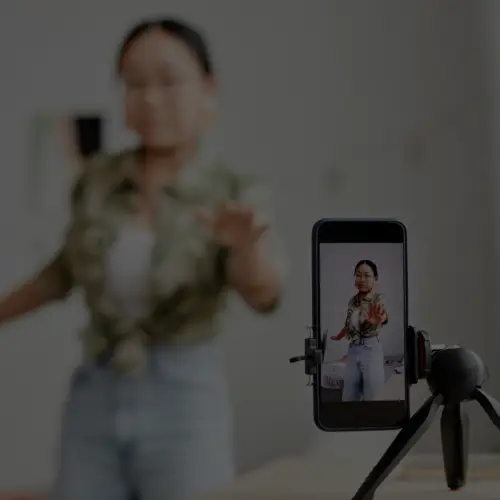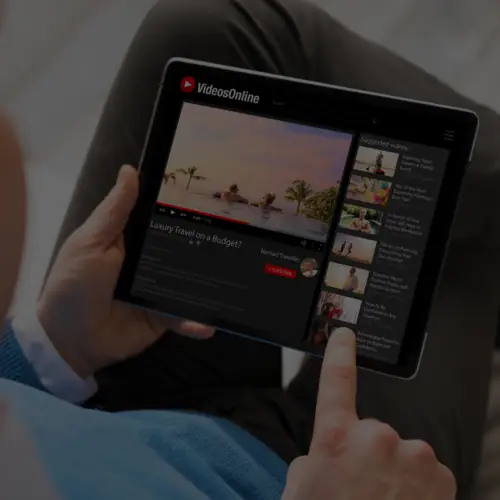09 Nov Facebook Loses Relevancy, Twitter Picks Up “Likes” | Social You Should Know
Facebook continues to lose relevancy as Twitter tries to lure new users. Plus, data that suggests ad-like content doesn’t belong in social.
Facebook Loses Relevancy as Network Shifts Focus to Acquired Properties
Global Web Index released their Q3 report this week and the most notable finding was a drastic decline in the percentage of people who posted a status or uploaded photos to Facebook in the last 3 months. Just 37% of respondents claim to have updated their Facebook status in the last 3 months compared to nearly 60% in Q3 of last year. We’ve seen this coming for a while as social network usage fragments but this data confirms that, despite a 5% increase in active users (people who logged in), Facebook is starting to lose relevancy and is at risk of becoming another consumption channel over sharing and engagement. Looks like Facebook is noticing, too. They announced just this week that shareholders should expect significant expense increases next year as the networks looks to invest heavily in unprofitable acquisitions like WhatsApp and Oculus.
Twitter Picks up “Likes” in Attempt to Lure New Users
Also reported in the Q3 Global Web Index report, Twitter growth is basically non-existent. This week, the network announced a change that they say will make the platform more intuitive to non-users (read: people who use Facebook and Instagram). They’ve replaced the star shaped “favorite” icon with a heart, now called a “like”. While user response was “meh”, it looks like Twitter is following the data. GWI also reported “Clicking the ‘like’ button is the top behavior on Facebook, whereas reading a news story tops the table for Twitter”.
#TBT – Authentic Content Is Best, Period.
It’s not news, but I love this post so much I had to share it because I’m still seeing brands post ad-like copy and media to their social channels. Just because you’re putting ad dollars behind something, doesn’t mean it needs to look like an ad. In fact, Percolate makes a compelling case for what we call an OrganishTM approach, backed by lots of yummy data, for brands to not only focus on enabling and amplifying UGC but also create authentic, UGC-style content themselves. Why? Because authenticity directly affects your bottom line. In fact, 63% of consumers would buy from a company they consider “authentic” over their competitors.
In company news, join us for a webcast with Carusele partner TapInfluence where we’ll be discussing Social Media Measurement and, if you happen to be in Atlanta November 8-10th, join us at the PRSA International Conference where our very own Jim Tobin will be discussing Creative Collaboration in a Tech-Driven World.








